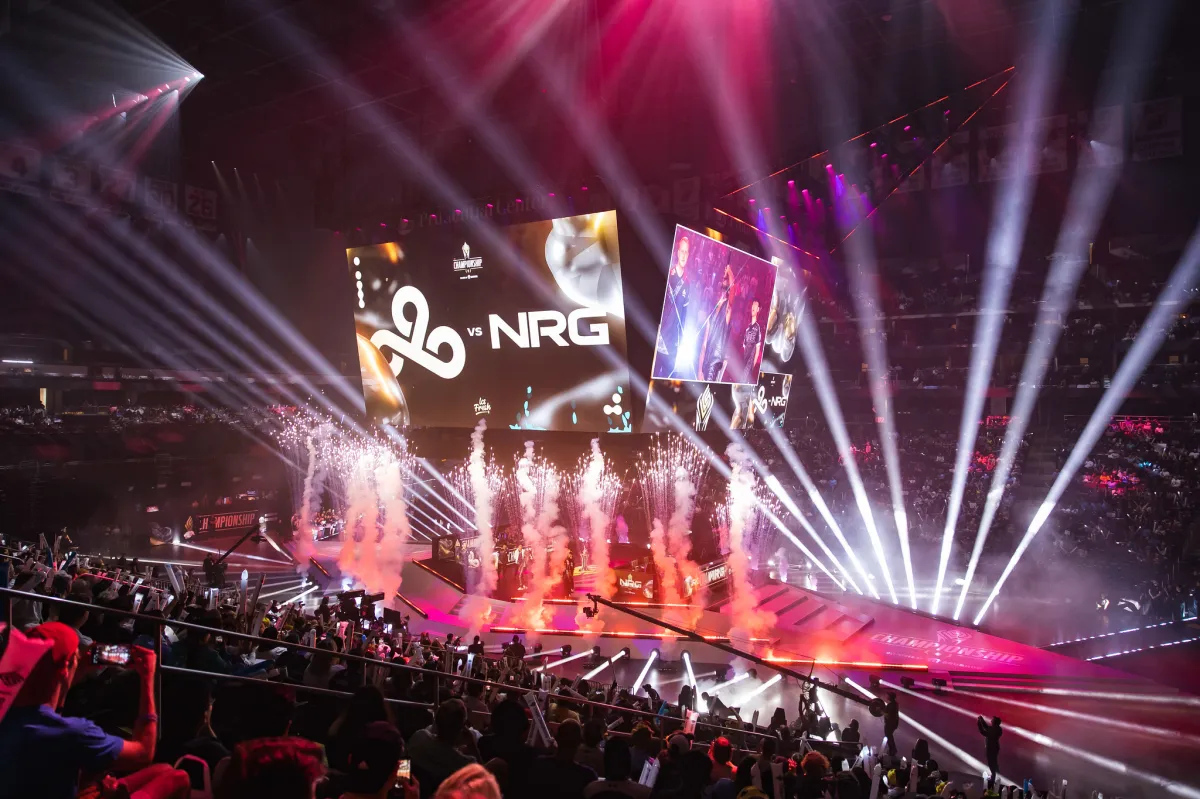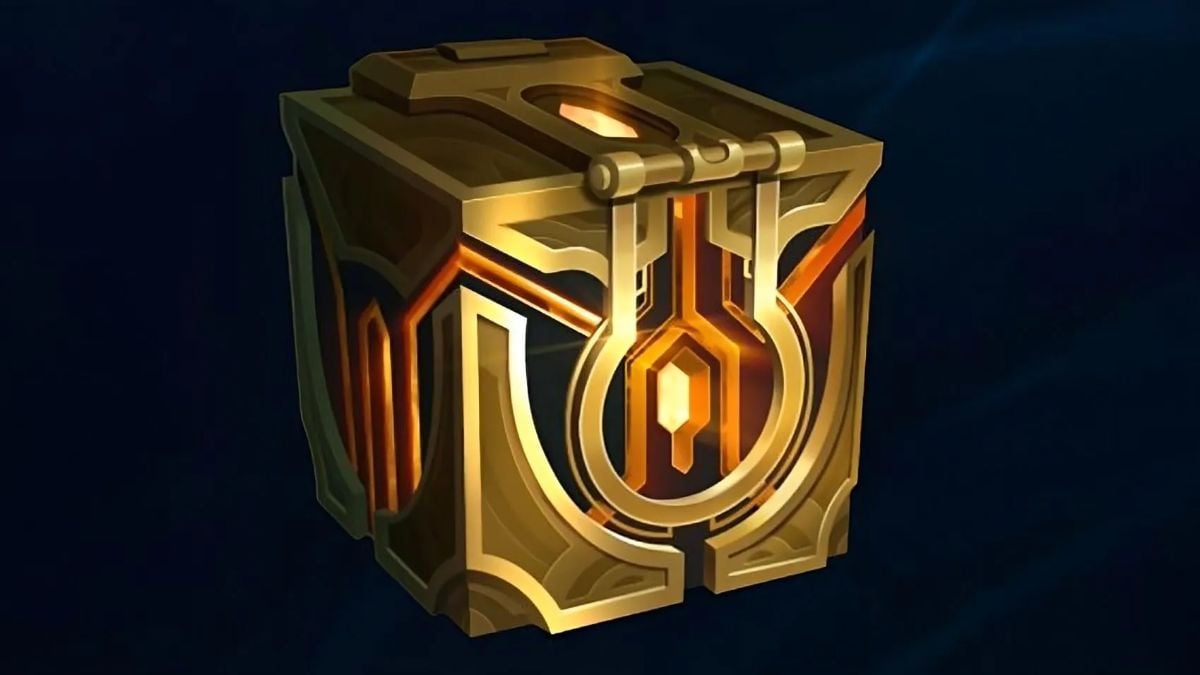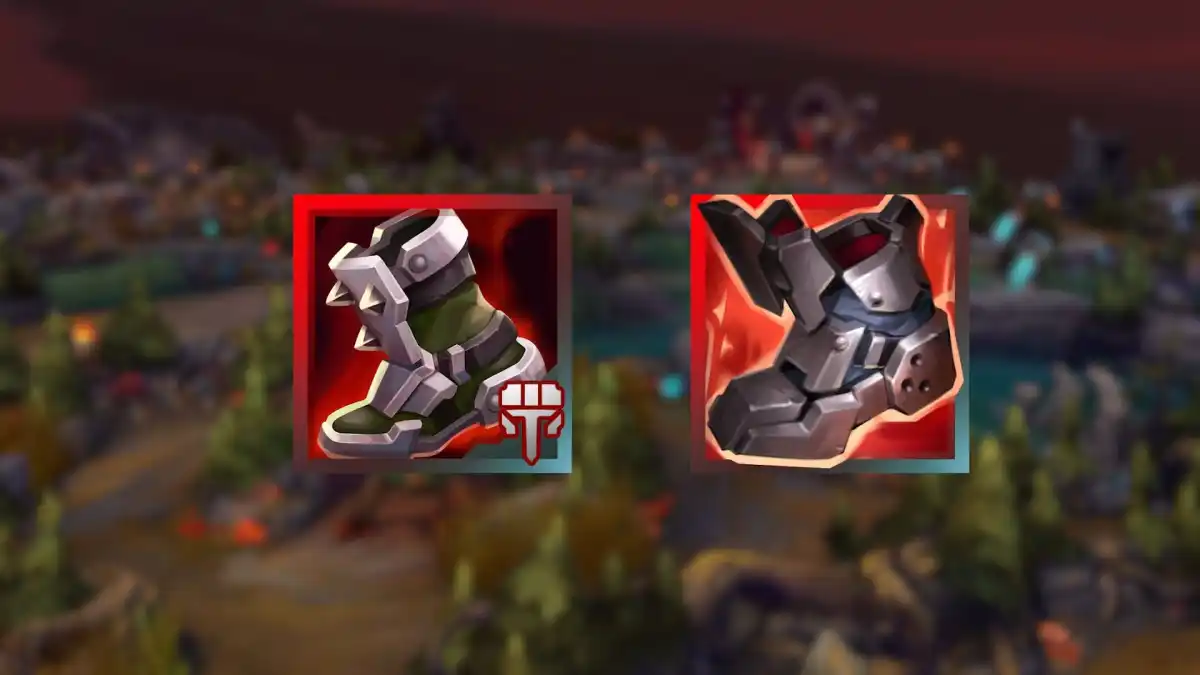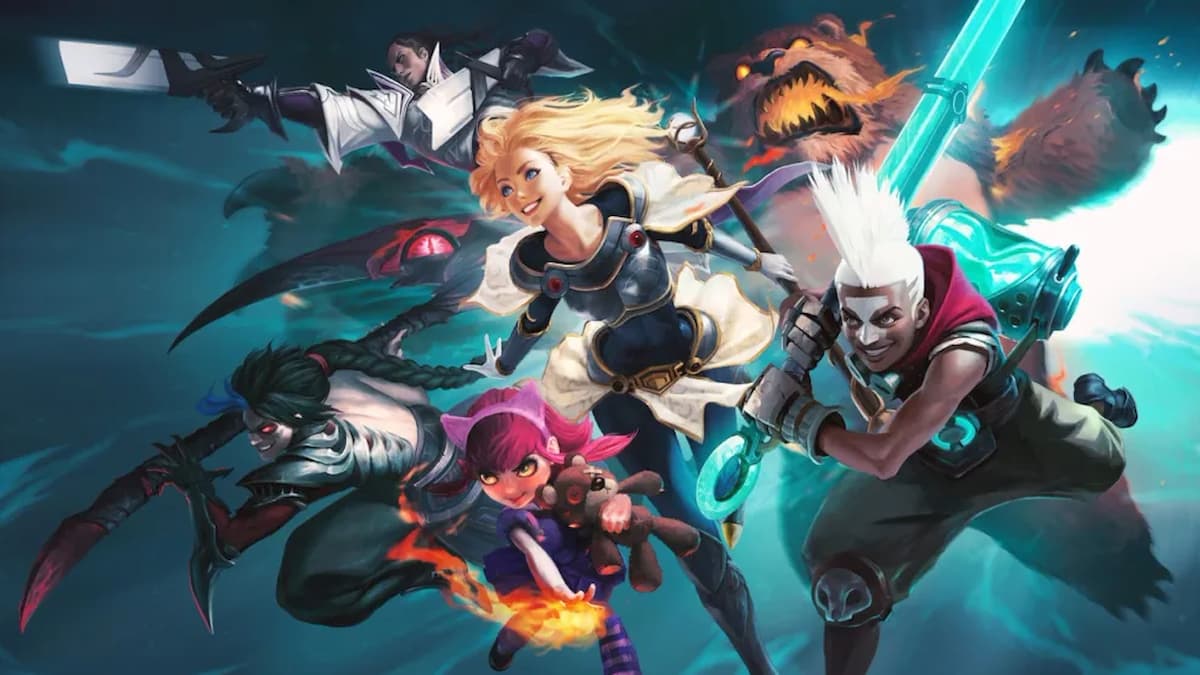It’s not much of a secret that it’s been a turbulent year for esports as a whole, and not many leagues or circuits have been hit harder than North America’s premier League of Legends competition: the LCS.
Between struggling viewership numbers, a general decline of fan interest, and a player-led walkout at the start of the Summer Split, the LCS faced more roadblocks in 2023 than it had over the last few seasons combined. And Riot Games knows this.
Ahead of the LCS Summer Finals yesterday, Riot’s newly appointed head of LoL esports for the Americas, Carlos Atunes, as well as Riot’s head of NA esports, Raul Fernandez, addressed members of the press in a lengthy panel that discussed all things LCS. Talking points included the stability of the league, the lessons learned from a challenging 2023 season— and why Riot believes that the future of the LCS is still bright.
“It’s been an interesting year for esports across the globe, but despite the hardships at Riot, we’re very much excited by the future and potential of esports, especially for the LCS,” Fernadez said. He confirmed that Riot will still be investing into the LCS in an attempt to establish long-term stability for a league that’s arguably the standard-bearer for what an esports competition should look like in North America.
Both Fernandez and Atunes have rich histories in LoL esports, with their careers spanning back to the mid-2010’s, when the game’s competitive scene was still in its relative infancy. You can look back at the state of the LCS in the mid-2010’s and see obvious growth between then and now—that’s easy. The difficult part is envisioning where the LCS will be in 15-20 years.
“I just wanted to make it very loud and very clear that the LCS is in a very healthy position financially because of this sustained and continued support from both external partners, the team side, from sponsors, as well as internally,” Fernandez said in regard to the “financial viability” of the league.
“Riot is still very much in esports in the long run,” he said. “It has continued to invest in esports despite many other companies trying to step out of this ecosystem, and we’re going to continue to double down because it is one of our most important pillars. We’re not here for the short term. We’re here to make this last for generations.”
In Riot’s eyes, esports is still a money maker, and just because viewership numbers “aren’t where [Riot wants] them to be,” according to Fernandez, it doesn’t mean that the core fans aren’t engaging with the product. The longer the LCS hangs around, the longer it strengthens its position as a legacy brand in the esports space, which is a benefit for the league, so long as it doesn’t hemorrhage money year over year.
This season, viewers continued to dip out of the LCS on a regular basis, with yesterday’s grand final experiencing a substantial dropoff in viewers when compared to each of the last six final series. Yesterday’s final peaked at 223,943 concurrent viewers, a dropoff of nearly 50,000 when compared to the spring final, according to esports viewership data site Escharts.
Related: ‘We are not entertainers’: LCS owners still committed to competition over content
“We are all working on scheduling and the functional things to be available and out there for more people, but we’re also looking at the way we promote the LCS, because we see there is a huge space for us to improve and connect,” Atunes said prior to the final. “There is something that happens when we start picks and bans, but there’s a whole world that happens before and after that. We have to be better at taking those stories and engaging those fans to come back and watch us.”
Moving into 2024 and beyond, a major goal of Riot’s is to bring back fans who might’ve ditched the LCS in the past few years, as well as getting more consistent viewership throughout the season out of the North American League fans who only tune in to see their teams when they play at Worlds.
You don’t have to look too far back in the rearview mirror to find LCS events that drew in triple the amount of viewers that tuned in to this weekend’s final. The potential is there, and if the LCS can find that same spark that put pro LoL on the top of the esports mountain in the late 2010’s—or even a fraction of it—then there’s still a chance that the scene bounces back from its worst year yet.







Published: Aug 21, 2023 02:42 pm